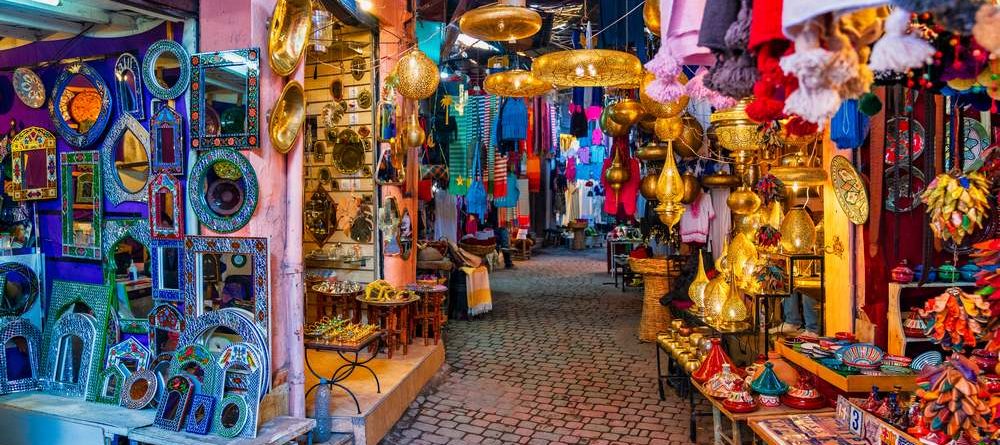Morocco to extend social protection to 2.5 million handicraftsmen
Some 2.5 million handicraftsmen and their dependents will finally have access to social protection after the government approved a law to enlist them in the private sector pension fund CNSS.
The new law was presented by tourism and handicrafts minister Nadia Fettah Alaoui to MPs as part of a reform that aims to fill a legal void in the handicrafts industry.
Handicrafts accounts for 7% of Morocco’s GDP and employs 20% of the work force with a concentration in imperial cities. Along with tourism, the sector has been hit hard by the coronavirus and the restrictive measures to contain its outbreak.
The law also provides for a better organization of the sector through the setting up of regional entities that attend to the needs of artisans and serve as an interlocutor.
Read more @North Africa Post











